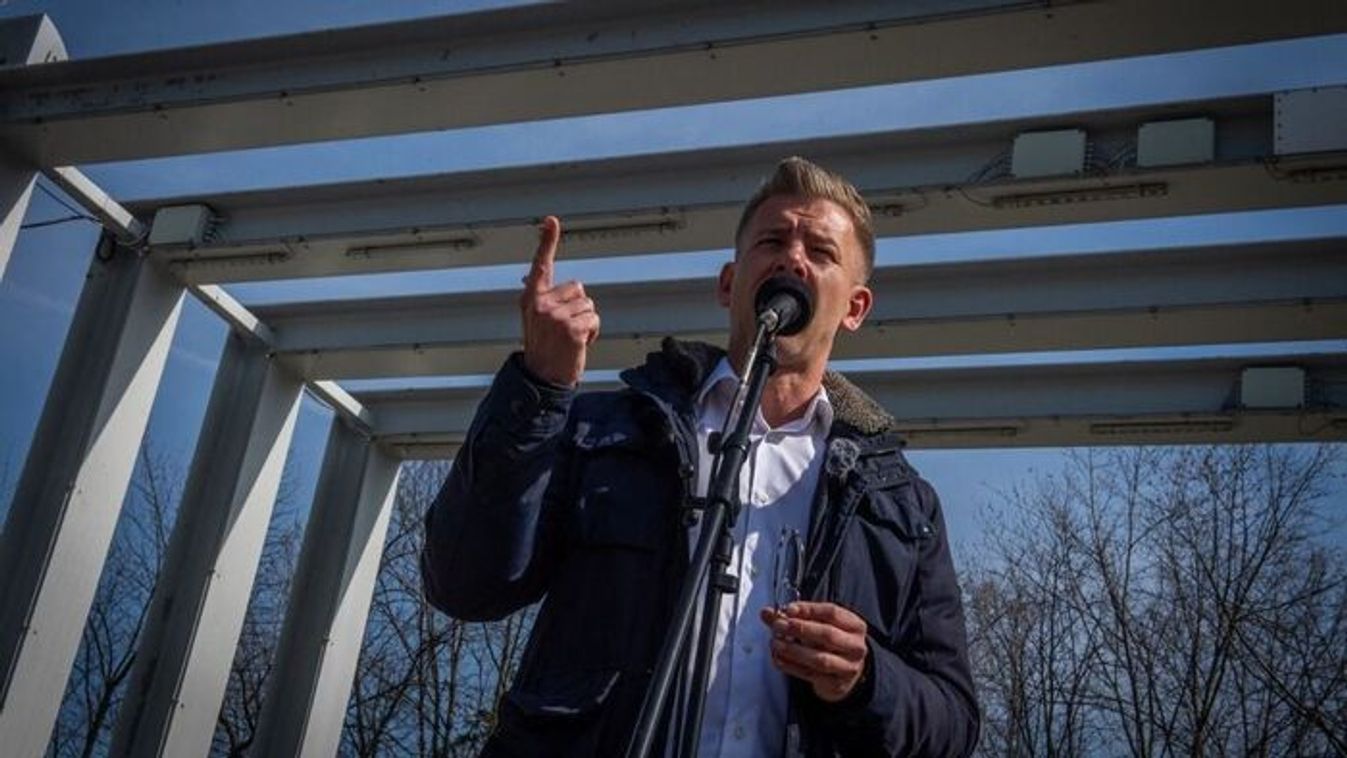Itt a legfrissebb közvélemény-kutatás: így áll most a Fidesz és a Tisza Párt

Továbbra is zajlik a közvélemény-kutatások „háborúja”, utánajártunk, mekkora a valós különbség a Fidesz és a Tisza között.

Egyetlen külső szereplőnek sem érdeke, hogy a görögök ebből jól jöjjenek ki. A hitelezők érdeke, hogy bizonyítsák: a Sziriza útja nem járható.
„Az viszont, hogy a Sziriza tényleg nyert-e, vagy éppen hogy falnak vezette a görög gazdaságot, a következő hetekben (és években) derül ki. Ennek a kérdésnek a tétje nem kicsi, hiszen ez dönti el, hogy a periféria többi országa számára a görög különút sikertörténetnek, vagy nemzeti tragédiának tűnik-e. Ez pedig alapjaiban befolyásolhatja, hogy például Spanyolország belevág-e egy hasonló kísérletbe (ld. Podemos). Márpedig Spanyolország Görögországgal ellentétben »súlyosan fertőző« ország, ha ott hasonló krízis ütné fel a fejét, arra tényleg rámehet az eurózóna.
Ebből következik egy kegyetlen állítás: innentől kezdve egyetlen külső szereplőnek sem érdeke, hogy a görögök ebből jól jöjjenek ki. A hitelezők érdeke, hogy bizonyítsák: A Sziriza útja nem járható, de legalábbis a költségei sokkal nagyobbak, mint az ortodox megoldásé. Az EU és az IMF felé nem érheti meg a csőd, mert az precedens lenne más országoknak.

És akkor most jön a fő kérdés: kijöhet-e jól ebből a fentiek fényében a görög gazdaság? Nagyon valószínű, hogy nem. A Sziriza azért választotta ezt az utat, mert számára a hitelezők programja maga volt a végítélet. Olyan nemzethalált vizionáltak, aminél szinte minden más kimenet jobb lehet. Meglehet, két dologban is tévedett.”